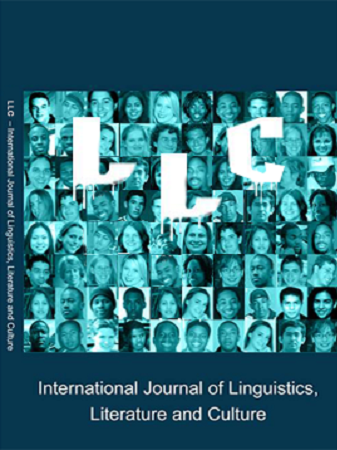Italian immigrants and the American Dream in Pascal D’Angelo’s “Son of Italy”
Italian immigrants and the American Dream in Pascal D’Angelo’s “Son of Italy”
Author(s): Matteo CaccoSubject(s): Language and Literature Studies
Published by: European Scientific Institute
Keywords: Italian immigration; America; American Dream and identity
Summary/Abstract: After the Italian Unification in 1861, farmers, masons, artisans – mostly from southern Italy – decided to leave their villages and their families to emigrate to America. At the time, America was a country that was the subject of travelers’ legends that recounted how people there could achieve economic stability and settle the foundations to support their families. Pascal D’Angelo and his father were migrants from Abruzzi who decided to pursue the American dream: his autobiography, “Son of Italy,” tells of the magic of Abruzzi and the dream, which then became a nightmare, that he found himself living once he arrived in America. According to his autobiography, daily life in America was a nightmare based on survival and strenuous work on the construction sites where Italian immigrants earned little more than a dollar an hour. On those construction sites, Pascal D’Angelo discovered that his talents were not building houses, working with concrete and shovel, but in poetry and writing. However, before being able to show these qualities, he recounted in his autobiography the illusion of the American dream and the misery that Italians in America, known at the time by the derogatory names such as wop and dago, were forced to endure. Pascal D’Angelo, after quitting his job on the construction sites, had to accept many rejections from editors before being allowed to publish his poems and, in this article, it will be investigated how he managed to fulfill his dream and how he experienced the Italian migration in the U.S.A. The methodology of this text is based on comparative literature within the field of Italian American critical studies: Pascal D’Angelo’s autobiography is analyzed in relation to the studies of Durante, Fontanella and Luconi. Moreover, Pascal D’Angelo’s autobiography is compared with the novels’ content of John Fante and Pietro Di Donato, who were two writers still representing the pillars of Italian American literature. The objective of this study is to focus on Pascal D’Angelo peculiar immigrant experience because the literary criticism on him is scarce, despite the fact that he is a unique example of a “colonial writer” and deserves to be studied for his innovative content: it is shown how, through his writing, he was able to become the voice of the Italian immigrants by narrating his daily life without filters and letting the reader experience the tragedy of the daily work of Italian immigrants in America.
Journal: International Journal of Linguistics, Literature and Culture
- Issue Year: 9/2022
- Issue No: 1
- Page Range: 10-21
- Page Count: 12
- Language: English

